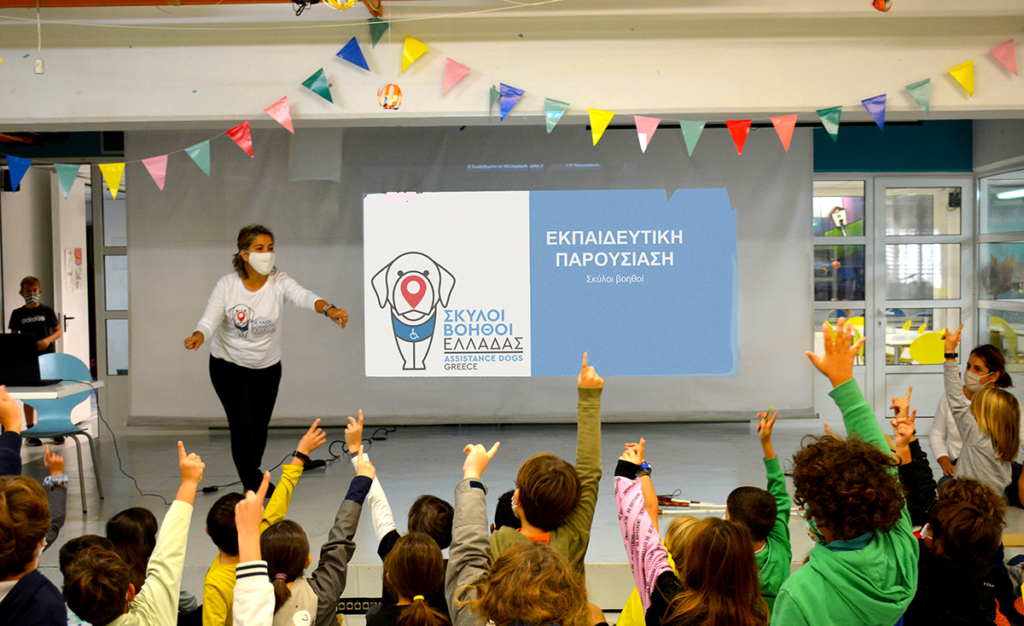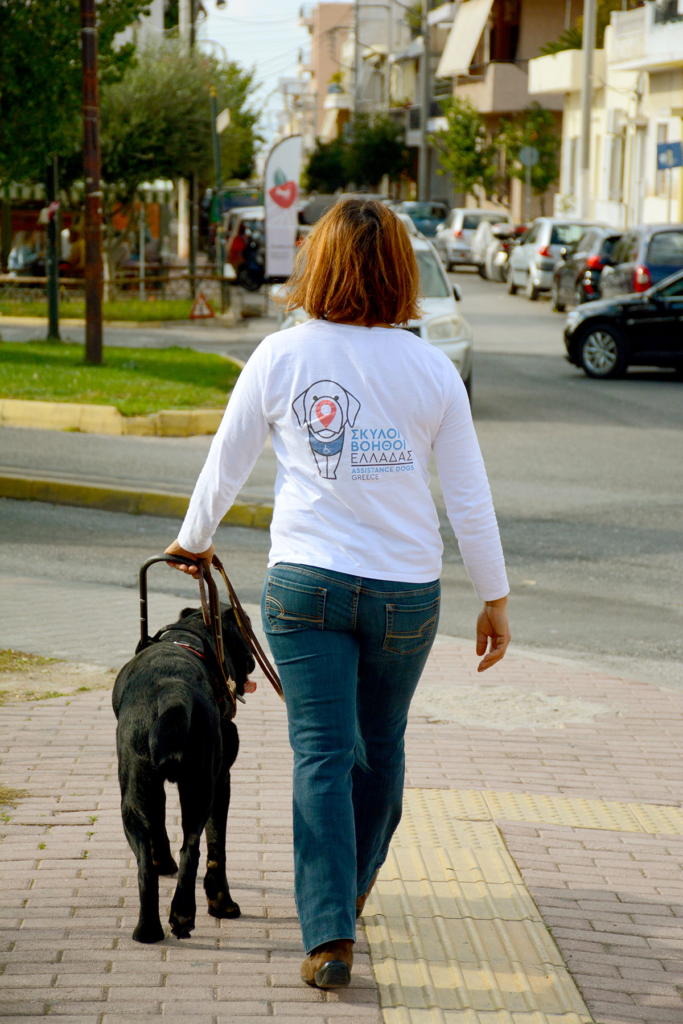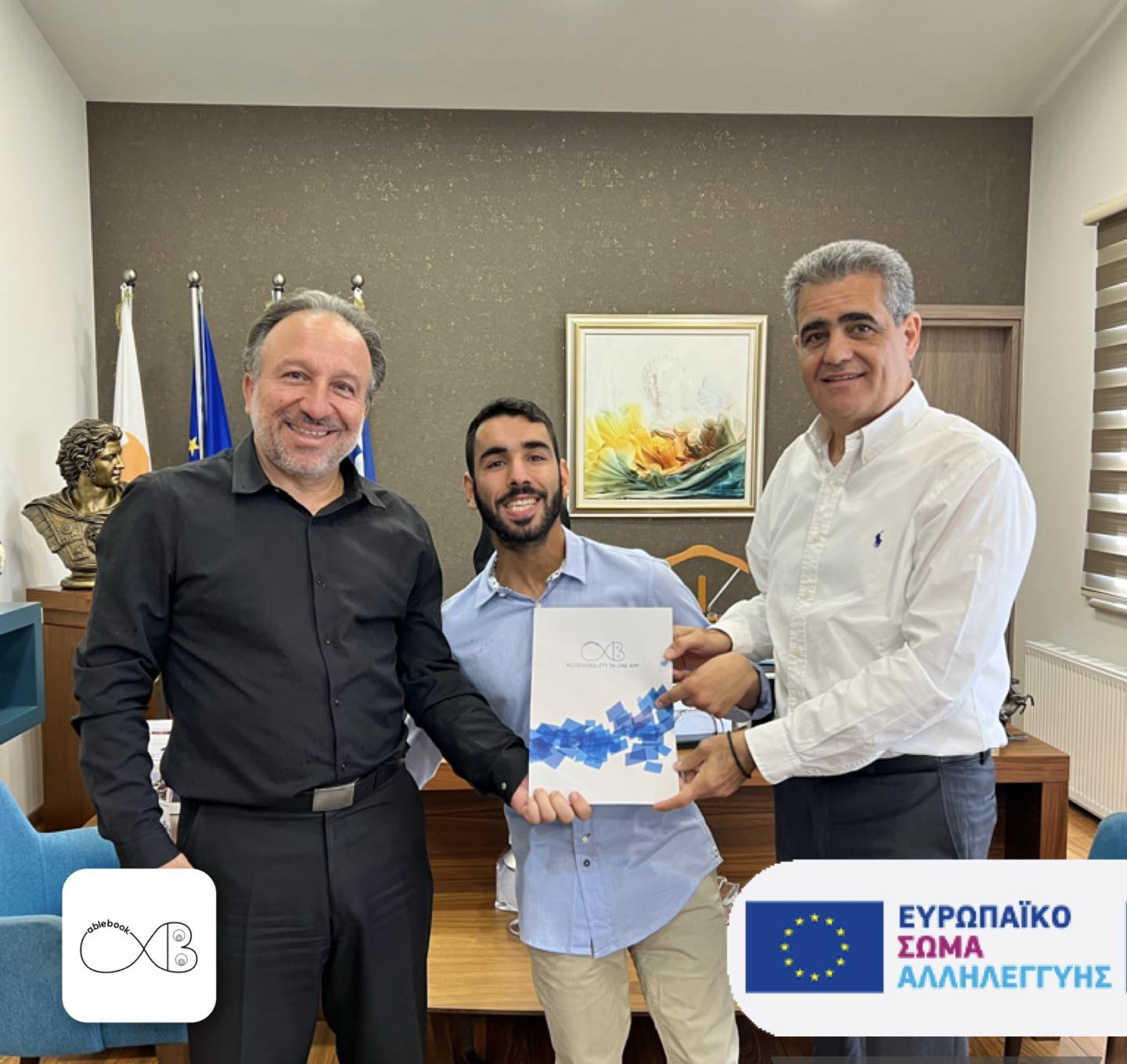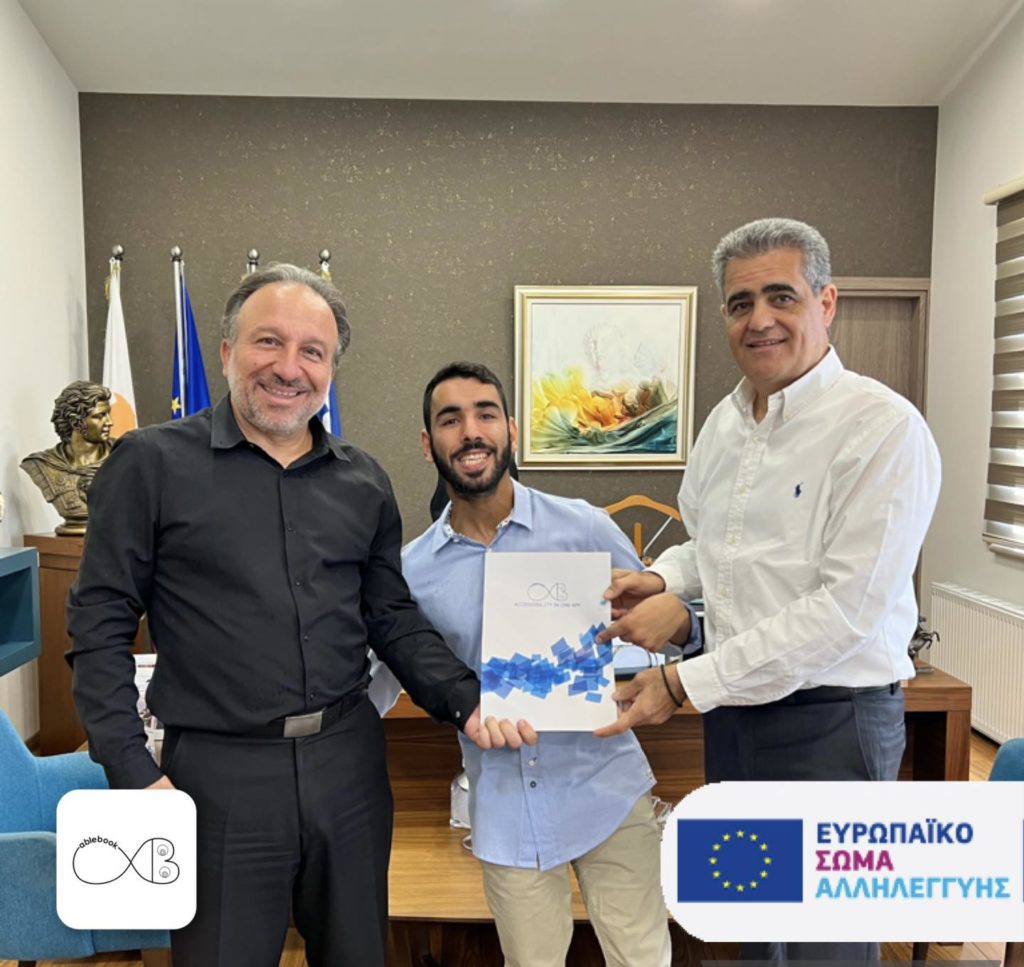

People with disabilities are more vulnerable to abusive behavior from their surroundings and even from their own families. This happens due to their difference. And because some countries do not consider these individuals reproductive due to their illness. Therefore, they are not considered functional to contribute to a job. The violence they experience is increasing, especially in women with disabilities. One form of violence they experience is compulsory sterilization.
According to the European Disability Forum (EDF), governments in thirteen member states of the European Union implement compulsory sterilization on women with disabilities. This is another form of violence experienced by these women. Among these thirteen member states where compulsory sterilization of people with disabilities is legal are Portugal, Finland, Bulgaria, Croatia, Malta, Czech Republic, Cyprus, Denmark, Estonia, Hungary, Latvia, Lithuania, and Slovakia.
The justifications for implementing this practice vary. For example, in 2015, a court in Croatia allowed compulsory sterilization. They sterilized a woman with psychosocial disabilities, arguing that her frequent pregnancies endangered her life. In reality, compulsory sterilization is what harms the health of these women. However, in Spain, compulsory sterilization has not stopped, especially for women with intellectual or psychosocial disorders.
Legislative framework in Greece
Regarding Greece, according to the European Disability Forum, there is no clear data on the percentage of women who have been forced to undergo sterilization. However, there are some recorded cases from 2022. In these records, three women with intellectual disabilities underwent compulsory sterilization with the consent of their guardians. There is also a recent complaint from the Cypriot Federation of Organizations of Disabled People. Specifically, a woman with intellectual disabilities was sterilized after giving birth to prevent her from giving birth again in the future
This issue has been brought to the attention of the Greek Parliament. Because it is a very delicate issue, a legislative framework must be established. This framework will cover the needs and rights of people with disabilities. The President of the Parliamentary Committee on Human Rights explained that special attention must be paid to the issue and the legislative framework surrounding it. Because there is involvement of others, as in some member states of the European Union where people with disabilities need approval for sterilization from their guardians.
European Union legislators are trying to put a stop to compulsory sterilization. The problem that arises is an ethical issue. To what extent should the guardians of people with disabilities determine whether they should be sterilized or not.
Sources:
Chatziapostolou, Panagiotis. (2023). “Middle Ages” for People with Disabilities: The Law that Renders Them Nonexistent and How It Will Change. Retrieved from https://app.alphanews.live/cyprus/mesaionas-gia-amea-o-nomo.
Unknown author. (2023). EDF: Europe Continues Compulsory Sterilization of Women with Disabilities. Retrieved from https://www.reporter.gr/Oles-oi-eidhseis/586370-ESAmeA-H.
Mytaras, Evangelos. (2022). Policies for Women with Disabilities at European and National Level. Retrieved from https://www.eoty.gr/politikes-gia-tis-gynaikes-me-anapiria-se-ev.
Parthenidis, Kyriakos. (2018). Sterilization Program for Remuneration and Ethical Extensions. Retrieved from https://www.maxmag.gr/politismos/koinonia/programma-prolipsi.

















